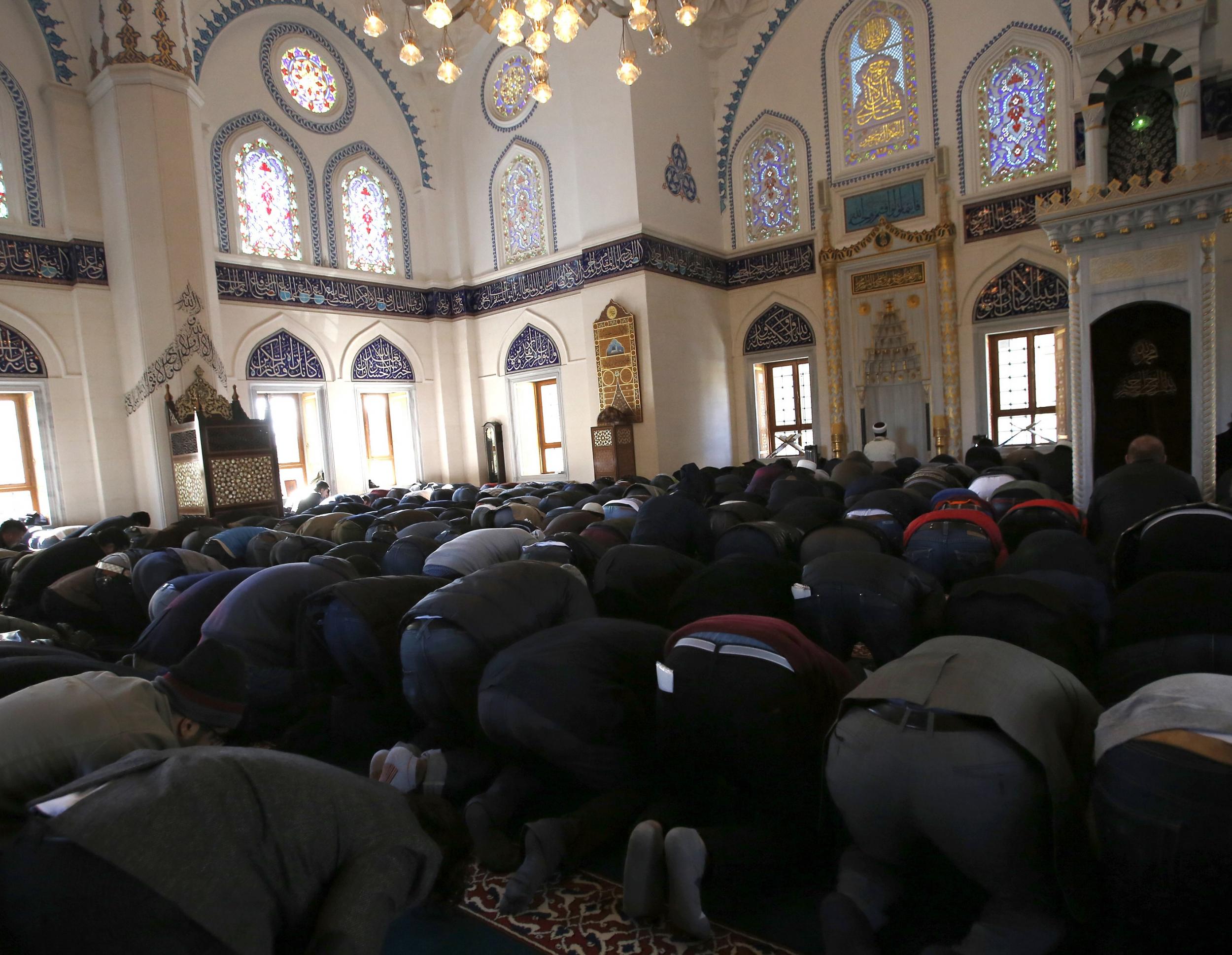Japan's top court has approved blanket surveillance of the country's Muslims
'They made us terrorist suspects, we never did anything wrong,' says Japanese Muslim, Mohammed Fujita

Your support helps us to tell the story
From reproductive rights to climate change to Big Tech, The Independent is on the ground when the story is developing. Whether it's investigating the financials of Elon Musk's pro-Trump PAC or producing our latest documentary, 'The A Word', which shines a light on the American women fighting for reproductive rights, we know how important it is to parse out the facts from the messaging.
At such a critical moment in US history, we need reporters on the ground. Your donation allows us to keep sending journalists to speak to both sides of the story.
The Independent is trusted by Americans across the entire political spectrum. And unlike many other quality news outlets, we choose not to lock Americans out of our reporting and analysis with paywalls. We believe quality journalism should be available to everyone, paid for by those who can afford it.
Your support makes all the difference.Japan's Supreme Court has upheld the government's blanket surveillance of the country's Muslim community.
The court struck down the second appeal by Japanese Muslim plaintiffs against what they perceive as an unconstitutional invasion of their privacy and freedom of religion, reports Al Jazeera.
A 2010 leak of 114 police files revealed nationwide surveillance of Japanese Muslims. The files revealed that Muslim places of worship, halal restaurants and Islam-related organisations across the capital, Tokyo, were being monitored.
Within a few weeks of the leak, the data had been downloaded 10,000 times in 20 different countries from a file-sharing website.
A group of 17 Japanese Muslims, mostly from Middle Eastern and North African countries, decided to sue the Japanese government for infringing on their constitutional rights.
Mohamed Fujita, whose name has been changed, is a native of Japan who converted to Islam over 20 years ago and is one of the 17 plaintiffs fighting the surveillance.
He told Al Jazeera: "They made us terrorist suspects, we never did anything wrong - on the contrary."
The Supreme Court finally dismissed the case after two appeals on 31 May.
The plaintiffs were awarded ¥90 million ($880,000) as compensation due to violation of their privacy by the leak.
However, the presiding judges did not make a judgment on police profiling and surveillance tactics which a lower court had upheld as "necessary and inevitable" to guard against international terrorism.
A lawyer for the plaintiffs, Junko Hayashi said: "We were told we don't have a constitutional case, we're still trying to figure out how it is not constitutional."
Speaking at a Tokyo symposium on government surveillance via weblink, NSA Whistleblower Edward Snowden said: "People of the Islamic faith are more likely to be targeted... despite not having any criminal activities or associations or anything like that in their background, simply because people are afraid."
Join our commenting forum
Join thought-provoking conversations, follow other Independent readers and see their replies
Comments